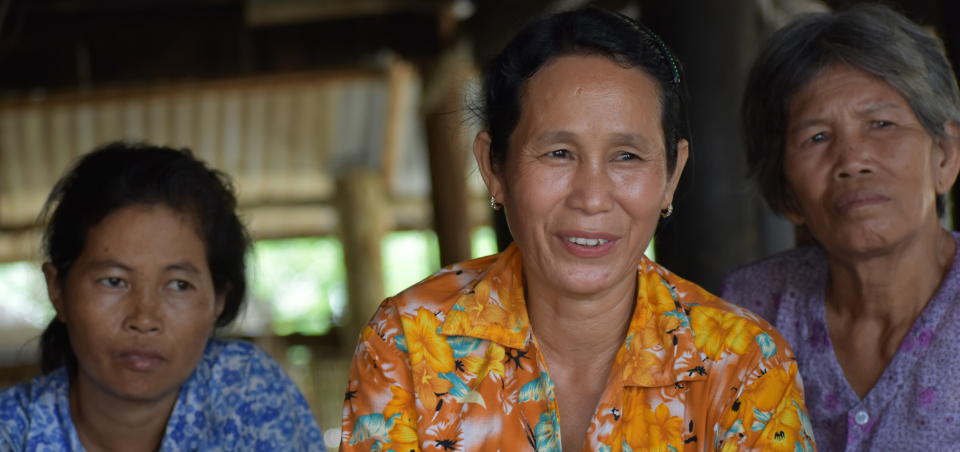Project to empower women in climate change decisions in Cambodia
Date:

Phnom Penh, Cambodia — A project to strengthen women’s resilience to climate change and natural disasters in Cambodia has begun with government, civil society and women’s groups, and United Nations agencies discussing the best ways forward.

The Cambodia project is part of a larger project that UN women is jointly coordinating with UN Environment in Asia-Pacific countries. The Government of Sweden funds the project, which runs from 2018 to 2022 and is called The Empower: Empowering Women to Secure Climate-resilient Societies.
About 70 delegates took part in the 29 August meeting in Phnom Penh that started the project in Cambodia. They included members of women’s groups from provinces most vulnerable to climate change.
The delegates discussed how climate change and disaster risk reduction concerns are considered in current national policies, what results have been achieved, and what adjustments are needed to improve those policies and results.
They divided into small groups and exchanged ideas on:
- The role of women in decision-making on climate change and disaster risk reduction.
- Strengthening skills and sex, age and diversity disaggregated data to use for climate change and disaster risk reduction policies.
- Incorporating women’s concerns and resilience in policy frameworks.
- Use of renewable energy.
- Expected project results, indicators and activities.
Two members of women’s groups raised the concerns of their local communities.
For Hang Samoeun, a member of a women’s group from Kompot province, it was the first time she had spoken on stage before high-level Government officials. She said she was nervous but also proud and honoured to speak out for her community’s needs.
“Back in my community, the problems that we mostly face are floods, strong winds and drought,” she said.
Noeu Siphon, a member of a women’s group from Pusat province, said that she was delighted to be able to learn from Government officials, and that she would share what she learned with other people in her community and encourage more women to take part activities on this issue.